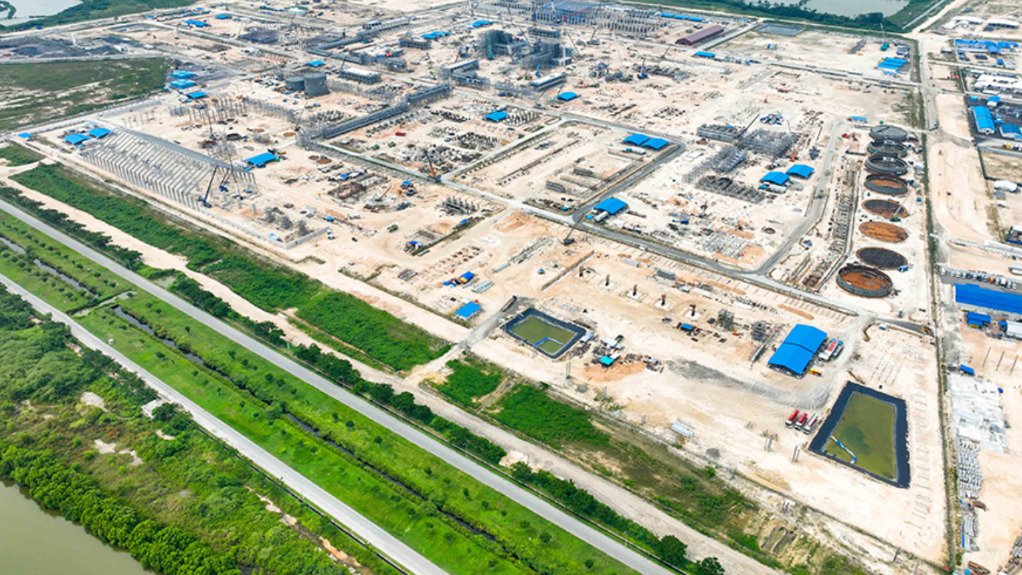Copper miner Freeport Indonesia has warned the Indonesian government that banning exports of copper concentrate in June could lead to a loss of $2-billion in revenues for Jakarta, a company official said on Thursday.
Indonesia’s export ban takes effect from June in an effort to force miners to invest in domestic smelting facilities, thus adding value to their products, boosting earnings from exports.
Freeport Indonesia, controlled by mining giant Freeport McMoran, though the Indonesian government is a majority shareholder, has called for the ban to be relaxed as its Gresik smelter would not be operating at full capacity by June.
“If we can’t export, state revenues will drop by around $2-billion, based on current prices,” media quoted CEO Tony Wenas as saying in remarks confirmed by a company spokesperson.
The comments followed a meeting with President Joko Widodo, at which he was accompanied by Freeport McMoran’s chairman Richard Adkerson and incoming chief executive Kathleen L. Quirk.
Wenas reiterated that construction of the Gresik smelter would be complete by May and start operating the following month, reaching full capacity later in 2024.
A spokesperson for Indonesia’s mining ministry declined to comment. The president’s office did not immediately respond to a Reuters’ request for comment.
Wenas has previously said Freeport Indonesia would have to cut ore production by 40% this year if the government did not delay the ban.
On Wednesday, Indonesian copper miner Amman Mineral Internasional said it was also negotiating with the government to relax the ban since its smelter would not be ready by May, arguing that the government earns tax revenues from Amman as well as Freeport.
Freeport also raised the matter of extending its mining permit during the meeting, Wenas said.
Widodo and Adkerson met last November to discuss a 10% increase in Indonesia’s ownership of Freeport Indonesia and a 20-year extension of its mining permit beyond the current expiry date of 2041.



